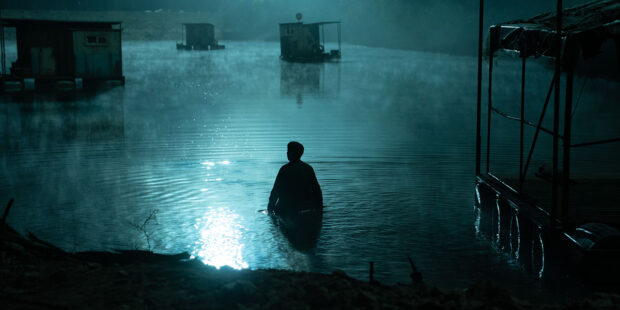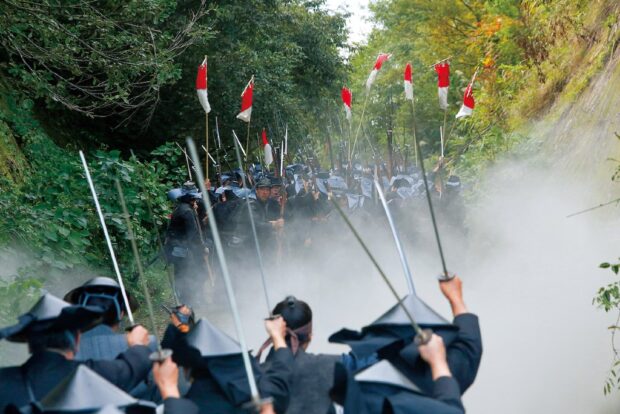In the decade or so since Wi Ding Ho’s debut film Pinoy Sunday in 2009, he has continued to garner acclaim for his handful of films. From Best New Director Award at the Golden Horse Awards to the 2018 Platform Prize at the Toronto International Film Festival in 2018, the Malaysia-born Taiwanese filmmaker now turns his eye to a handful of fragmented lives across Taipei.
Ming Liang (Austin Lin) is a insular and somewhat disturbed young man, obsessing over a cam girl while engaging in violent role-playing. It’s a public slashing that causes him to intersect with seemingly separate individuals across the city.
One of them is Yu Fang (Moon Lee), an acting student who lives with her father. Xiao Zhang (JC Lin) loves her and wants to get married, but Yu Fang falls for Monica (Annie Chen), another aspiring actress desperate to erase her past in porn. Then there’s the enthusiastic cosplayer Kiki (Pipi Yao), who is herself keen on Ming Liang and continually tries to pushing the buttons of people around her.
There’s been a bunch of hyperlinked films on the festival circuit this year, including Spaghetti Code Love and Come and Go at the JAPAN CUTS fest last month. This Taiwanese film perhaps references the 1986 award-winning Edward Yang film of the same name, one in which also looked at connected lives across Taipei. Yet this is not just about those invisible connections, with Ho digging into some other social issues in the process.
Here it’s more about the origins of violence, with a repressed and violent character connected to several people through various means. The film begins with an attack, before jumping back in time to show us the events that led up to it. Ming Liang’s behaviour might readily be compared to a certain hate group who shall not be named, but that would be too easy a reference. We do see how his frustrations mount leading him to the violence, and how the media’s bigger concern is the tacit links to Yu Fang’s politician father.
This slickly-shot film, with Chopin’s Nocturne as a constraint refrain in a score by composer Cheers, is led by a solid central cast. Annie Chen and Moon Lee in particular get the most nuanced roles, especially the former’s multiple relationships and aspirations. She also shares a terrific scene with Austin Lin on a train where she reacts to his creepy and insistent overtures as an obsessive fan.
If the film was purely about male toxicity, then the message is occasionally a heavy-handed one that occasionally treads close to a ‘both sides’ argument at times. Yet its also about connections, both the tangible and invisible ones, and on this level director Ho has delivered a little pre-Covid bubble of the kinds of interwoven lives we may never fully return to.
TERRORIZERS (青春弒戀) is reviewed as part of our coverage of the Toronto International Film Festival (TIFF) 2021.
2021 | Taiwan | DIRECTORS: Wi Ding Ho | WRITER: Wi Ding Ho, Natasha Sung | CAST: Austin Lin, Moon Lee, Annie Chen, JC Lin | DISTRIBUTOR: Changhe Films, TIFF 2021 | RUNNING TIME: 127 minutes | RELEASE DATE: 9 September – 18 September 2021 (TIFF 2021)





















